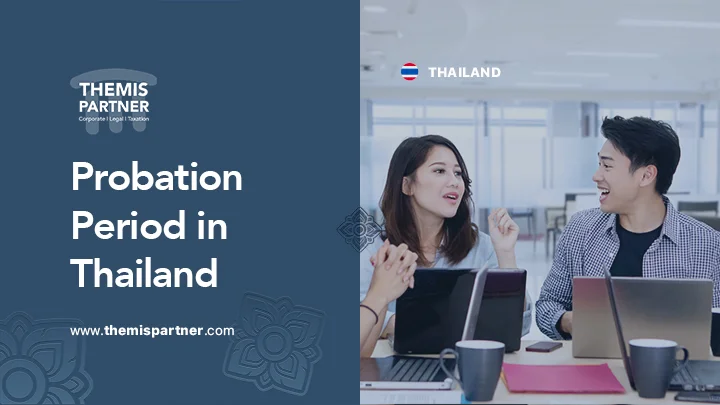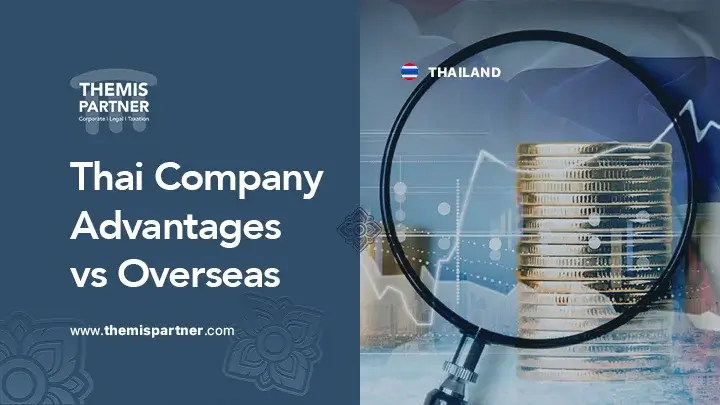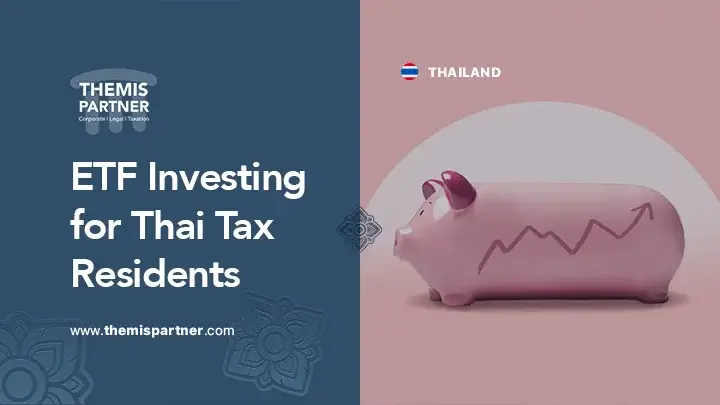Non-immigrant O visa: Why should you choose Thailand?
1. Individuals and Culture
Thailand, known as “The Land of Smiles,” earned its name from the genuine warmth and hospitality of its people. It is a constitutional monarchy and one of the few countries that has not been colonized by European powers. About 95% of the population is Buddhist, and the ethics of goodwill, compassion, and calmness are evident in Thai daily life.
The Royal family, monks, prominent public figures, and the elderly are held in high regard. According to recent independent surveys, the majority of expats feel safer in Thailand than in their home countries.
Thailand, with its rich history and culture, hosts a number of religious and historical festivals. Songkran—the Thai New Year—Loy Krathong, and Chinese New Year are the most well-known national festivals. There are also numerous regional festivals, such as the Isaan Province’s Boon Bang Fai Rocket Festival, the Chiang Mai Umbrella Festival, and the Lopburi Monkey Festival.
2. Vibrant Expat Communities
Expats are enjoying their time in Thailand. Chiang Mai, a large city in northern Thailand, is a popular retirement destination with a well-established Expat Club that helps with assimilation.
Expats in popular island and coastal locations such as Phuket, Koh Samui, and Hua Hin are more loosely organized through Facebook groups. Pattaya, Thailand’s ‘Sun City,’ has two very active expat clubs. The good news is that expats are generally friendly, and it’s simple to make new friends.
Golf (260 courses across the country), biking, tennis, swimming, gyms and fitness centers, fishing, soccer, lawn bowls, meditation, dancing, walking, and other sports are all popular. Water sports, snorkeling or scuba diving, and sailing are popular in coastal and island locations. Others enjoy board and card games, creative arts, learning a new language, and socializing with people from all over the world; some volunteer with foundations that support the local villages and animal or wildlife conservation.
3. Thailand's Living Expenses
Expats are enjoying their time in Thailand. Chiang Mai, a large city in northern Thailand, is a popular retirement destination with a well-established Expat Club that helps with assimilation.
Expats in popular island and coastal locations such as Phuket, Koh Samui, and Hua Hin are more loosely organized through Facebook groups. Pattaya, Thailand’s ‘Sun City,’ has two very active expat clubs. The good news is that expats are generally friendly, and it’s simple to make new friends.
Golf (260 courses across the country), biking, tennis, swimming, gyms and fitness centers, fishing, soccer, lawn bowls, meditation, dancing, walking, and other sports are all popular. Water sports, snorkeling or scuba diving, and sailing are popular in coastal and island locations. Others enjoy board and card games, creative arts, learning a new language, and socializing with people from all over the world; some volunteer with foundations that support the local villages and animal or wildlife conservation.
4. Retire on Less Early
Because of Thailand’s low cost of living, many people have begun their retirement years earlier than they could have if they had stayed in their home country. Couples have reported retiring 10 to 15 years ahead of schedule. This has given them the energy and agility to travel, explore, and experience Thailand’s wonders. Simply put, your dollar goes a lot further.
5. Thailand's High-Quality Healthcare
Thailand has world-class, low-cost healthcare. Prices range between 30% and 50% of what you would pay in your home country for similar procedures. And, in most cases, there are no wait times. A medical clinic visit, including medication, costs about $14. A dental cleaning, examination, and x-ray would cost around $33. When it comes to quality, it is on par with or better than that of many Western countries. The gold standard for hospital care, Joint Commission International (JCI) accreditation, is held by more than 50 hospitals. The majority of doctors and specialists speak English and have often completed additional training in the United States or other first-world countries.
Expats are unable to use Thailand’s free public hospital system. As a result, most people get medical insurance, usually just for inpatient and emergency care. Most importantly, the insurance is reasonably priced and comprehensive. For example, one company offers inpatient only coverage for a 55 to 59-year-old for $1,075 per year, with $2.5 million in coverage.
6. Ageing Assistance
Astute developers have identified a demand for aged care facilities for both Thai and foreign expats in recent years. A t least 12 different levels of care are available. Some other option is to hire a personal nurse or nursing assistant and continue to live at home. A 24/7 live-in credentialed nurse with an appropriate level of English would charge around $12,000 per year, while a full-time caregiver could cost as little as $3,500.
What types of Non-immigrant O visa are available for retirement?
For foreign nationals, the Thai government issues two types of Non-immigrant O visa:
The One-Year Thailand Retirement Visa (“O-A”) is issued to foreigners aged 50 and over from all countries and is valid for one year with the option of renewing annually.
The Ten-Year Thailand Retirement Visa (“O-X”), which is only issued to foreigners aged 50 and up from specific countries for a period of five years. It can be renewed once more for a total of ten years.
In either case, the holder of a Non-immigrant O visa for Thailand is not permitted to work.
1. O-A Thailand Retirement Visa Eligibility
To qualify for a Thailand Retirement Visa, you must meet the following requirements:
1. You must be at least 50 years old on the day you apply
2. You must meet the following financial requirements:
| ➤ A security deposit of 800,000 Thai Baht in a Thai bank account for two months prior to the visa application |
| ➤ A monthly income of 65,000 Thai Baht |
| ➤ The security deposit plus a yearly income of 800,000 Thai Baht |
| ➤ You must obtain Thai health insurance for the duration of your stay, with a minimum annual coverage of 40,000 Thai Baht for outpatient treatment and 400,000 Thai Baht for inpatient treatment |










